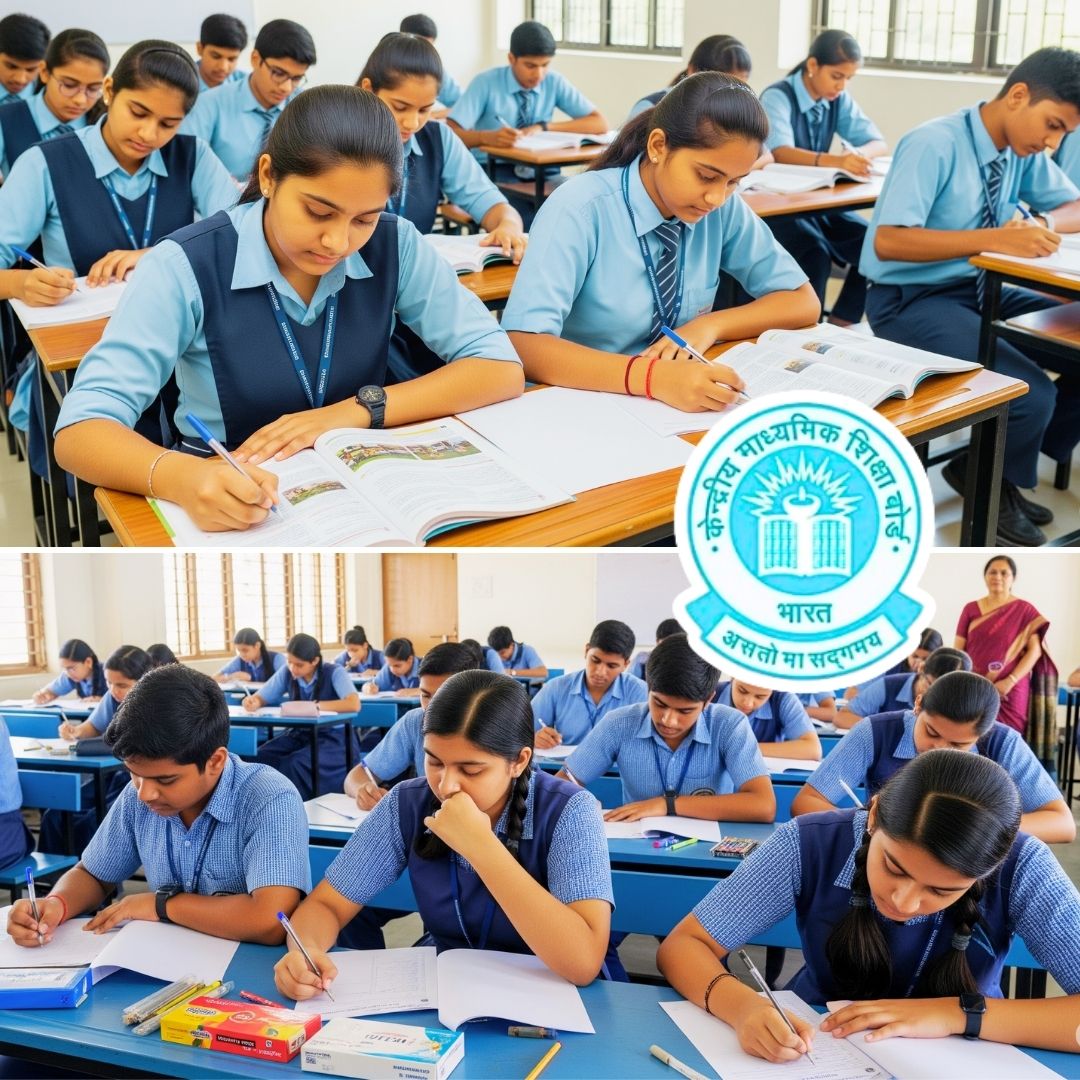The Central Board of Secondary Education (CBSE) will introduce open-book assessments (OBAs) for Class 9 students from the 2026-27 academic session. Approved by the Board’s Governing Body in June 2025, this initiative aligns with the National Curriculum Framework for School Education (NCFSE) 2023 and National Education Policy (NEP) 2020 to shift from rote memorisation to competency-based learning.
OBAs will cover core subjects like language, mathematics, science, and social science. Students can refer to textbooks, notes, and approved reference materials during exams. The format will be optional for schools and incorporated into the three pen-paper tests held each term. This decision follows a pilot study (December 2023) showing mixed student performance but strong teacher support for OBAs’ potential to foster critical thinking.
Competency-Based Learning Takes Centre Stage
The new assessment system emphasises understanding, application, and analysis over memorisation. Students can use textbooks and notes to answer questions designed to evaluate higher-order cognitive skills such as problem-solving and critical thinking.
NCFSE 2023 endorses open-book exams as a progressive model encouraging students to synthesise information and apply knowledge in various contexts. Teachers involved in the pilot expressed optimism that OBAs would nurture critical thinking and reduce exam stress by promoting real-world application of concepts.
Pilot Insights and Implementation Strategy
The pilot conducted in select schools for Classes 9 to 12 tested open-book exams in subjects including English, Mathematics, Science, and Biology. Student scores ranged between 12% and 47%, reflecting challenges in effective resource use and grasping interdisciplinary themes. The study evaluated completion time and gathered feedback from students, teachers, and schools. Despite hurdles, educators supported the initiative, highlighting the need for structured guidelines.
To ensure smooth rollout, CBSE plans to provide standardised sample papers, clear frameworks, and teacher training. This approach aims to help schools integrate OBAs effectively while maintaining assessment quality. Adoption will be flexible, not mandatory, allowing schools to transition at their own pace.
The Logical Indian’s Perspective
CBSE’s move to introduce open-book assessments represents a meaningful step toward transforming Indian education to prioritise skill development and critical thinking over rote learning. It signals a shift that could reduce exam pressure while preparing students for real-life problem-solving.
However, for these benefits to materialise equitably, adequate support and resource access must be ensured across diverse schools. Inclusive dialogue amongst educators, policymakers, parents, and students remains vital for refining this transition.












